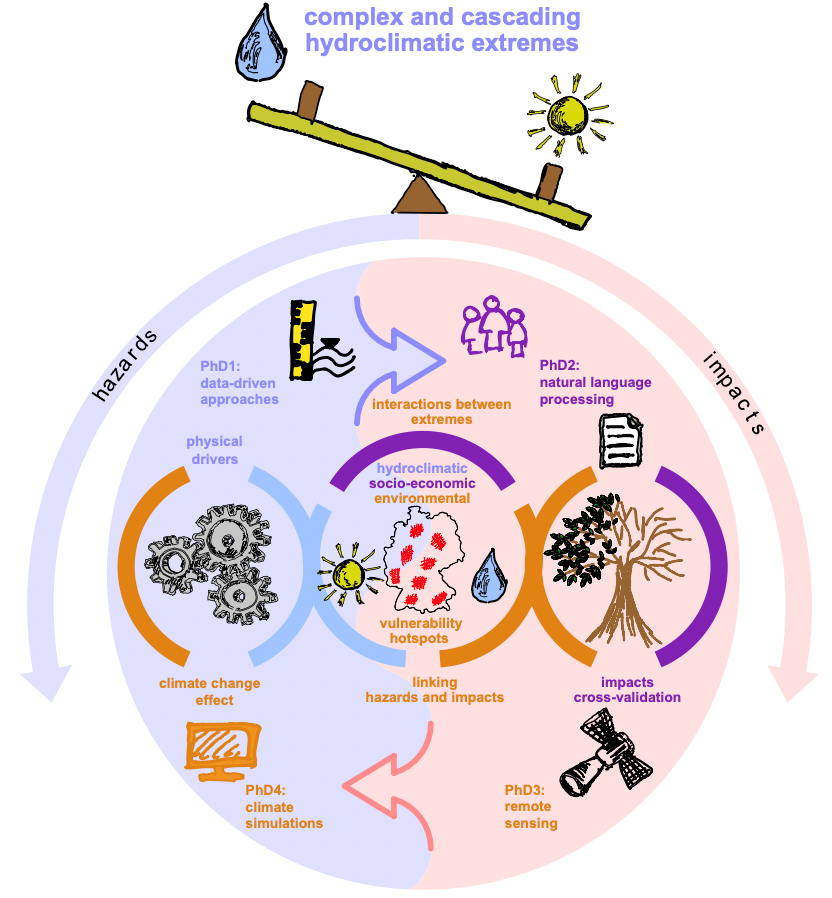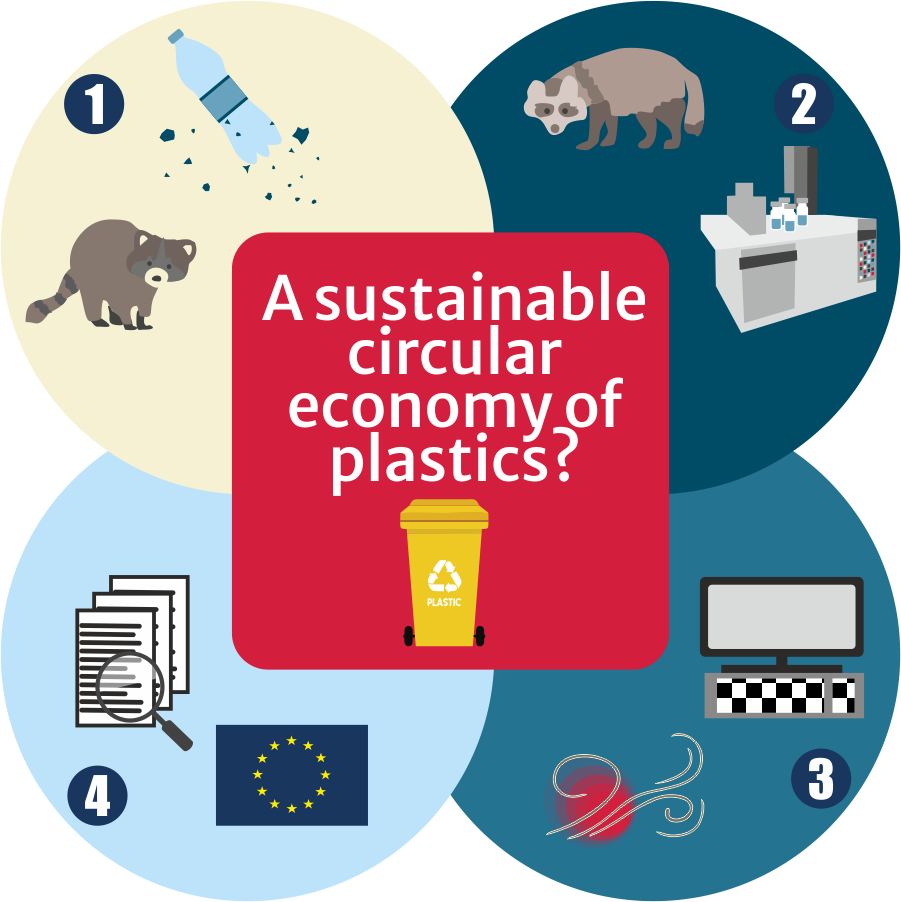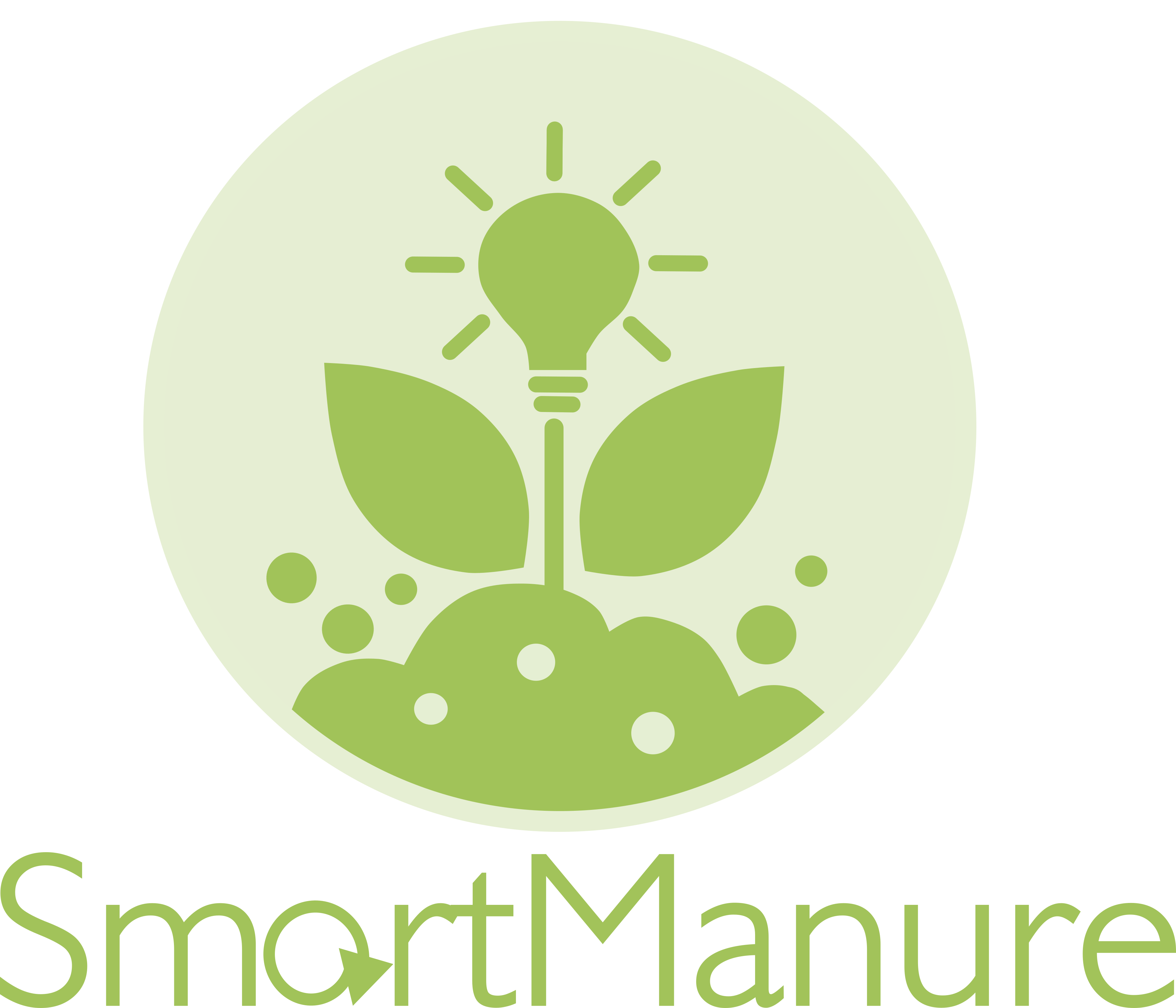
UFZ-PhD-Kohorten
Das UFZ fördert jährlich innovative PhD-Kohorten, die jeweils aus vier Promotionsstellen bestehen und sich einem gemeinsamen Forschungsthema widmen. Mit dieser Initiative sollen insbesondere die Schnittstellen zwischen den IP-Missionen des UFZ, den UFZ-Themenbereichen und den Zielen der Helmholtz-Programmorientierten Förderung (PoF) verknüpft werden.
Die Projektanträge durchlaufen ein zweistufiges Verfahren, begutachtet durch die Leitungen der Themenbereiche (TBL-Board) und die UFZ-Geschäftsführung. Von erfolgreichen Anträgen wird erwartet, dass sie interdisziplinäre Zusammenarbeit, Teamvielfalt und klare Führungsstrukturen aufweisen.
Die PhD-Kohorten schaffen wertvolle Möglichkeiten für eine departmentübergreifende Zusammenarbeit und fördern ein dynamisches Forschungsumfeld, in dem vier Promovierende und ihre Betreuer*innen gemeinsam an miteinander verbundenen Projekten arbeiten. Dieser strukturierte Ansatz ermöglicht es Promovierenden und Betreuer*innen, entscheidende Fähigkeiten in der interdisziplinären Forschung und wissenschaftlichen Synthese zu entwickeln und gleichzeitig Teil einer unterstützenden Peer-Group zu sein, die an einem gemeinsamen Forschungsziel arbeitet.
Aktuelle Themenkollegs
Die nachfolgenden Informationen sind auf Englisch verfügbar.
Start 2025
SEESAW - Societal and Environmental impacts of complex ExtremeS in a chAnging World

speaker: Larisa Tarasova (larisa.tarasova[at]ufz.de)
The SEESAW cohort aims to understand the non-linear relation between complex hydroclimatic hazards, their socioeconomic and environmental impacts, as well as the climate change effect on such impactful events. For this purpose, we will use long-term hydrometeorological observations and process-based statistics, unprecedented newspaper dataset and large language models, AI-powered remote sensing and counterfactual climate model simulations. The activities of the cohort will help to identify vulnerability hotspots at national scale to support targeted adaptation measures.
SafePol - Safeguarding Pollinators facing multiple stressors in multifunctional landscapes

speaker: Jürgen Groeneveld (juergen.groeneveld[at]ufz.de)
Within the new UFZ PhD cohort SafePol we aim to unravel the impact of heat stress and pesticide exposure in multifunctional landscapes on bumble bees. Therefore, (PhD 1) we will investigate the link between external and internal exposure of bumble bees to pesticides and other chemicals, (PhD 2) we will explore the effect of multiple stressors on bumble bee health and behaviour using proteomics and metabolomics, (PhD 3) we will monitor bumble bee colonies in agricultural landscapes and identify their collected pollen, (PhD 4) and finally we will simulate bumble bee populations facing multiple stressors. The PhD students will begin their work in Spring 2025.
Start 2024
nanoINHALE - Inhalation as the major uptake pathway for micro- and nanoplastics in air-breathing organisms

speakers: Annika Jahnke (annika.jahnke[at]ufz.de) & Dušan Materić (dusan.materic[at]ufz.de)
nanoINHALE aims to unravel the importance of the largely unknown plastics inhalation mechanism for (1) nanoplastics and (2) plastic-associated chemicals in air-breathing mammals, (3) identify major emission sources and transport pathways and (4) track the impacts of health risk narratives on plastic and air quality regulations. Overall, nanoINHALE contributes knowledge towards a sustainable circular economy of plastics.
SmartManure - Coupling circular economy principles with environmental hazar management for liquid manure-based sustainable agriculture

speakers: Marie Muehe (marie.muehe[at]ufz.de) & Qiuguo Fu (qiuguo.fu[at]ufz.de)
SmartManure develops solutions for on-farm liquid manure management as an essential path to sustainable agriculture. SmartManure will combine advanced technologies with ecosystem engineering to transform on-farm liquid manure into an environmentally friendly economic resource, while promoting sustainable agriculture by establishing more resilient ecosystems.
Start 2023
- CLEANER - Fostering pollutant-sink functions of Blue-Green Infrastructures: towards local urban water cycles in climate-resilient cities
- LISA - The challenge to explore multifunctional landscapes in a model-based framework: model interfaces and scaling issues
- GOMO - Governance Monitor
Start 2022
- GLIMPSE: - Global change impacts on microbiota-plant-soil processes relevant for water and matter cycling in agricultural ecosystems
- P-SPACE - A safe operating space for the prevention of eutrophication in riverscapes under multiple stress
Start 2021
- MoDEV - Towards novel Model-Data fusion for understanding Environmental Variability in space and time from high-resolution remote sensing
- Thirsty Cities
- INTERCEDE - Interactions of Farmland Biodiversity and Agricultural Ecosystem Services under Climate Change
- DYNAMO – Events as DYNAmic drivers of pollutant transport, turnover and export in catchments – from monitoring to MOdels
- InCeTo: Simplify Complexity and Increase Certainty in Toxicology through Systematic Identification and Understanding of Molecular Key Principles
- MibiTox (TB-funding) - The role of the intestinal microbiome as driver between pesticide exposure and disease pathogenesis
- FATE - Fate and effects of antibiotics from sources to sinks
- MOMENT - Towards improved understanding of the coupled water and carbon cycles of terrestrial ecosystems with special focus on extreme events
- AGRI-TRANSFORM - Leverage Points for the Transformation to an Environmentally Sustainable Agriculture
- inSTREAM - Linking catchment scale nutrient export to pelagic, benthic and hyporheic ecosystem functioning across stressor gradients
- Proxies of the Eco-exposome
- STROMER - Sustainable Transformation by Electrochemical Reactions
